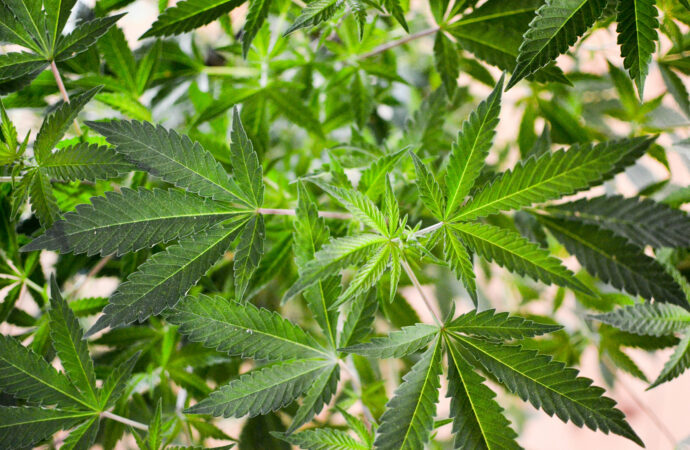A groundbreaking study has found that legalizing medical marijuana leads to a significant decrease in payments from opioid manufacturers to pain specialists. The research, published in the Journal of the American Statistical Association, suggests that medical cannabis is increasingly viewed as a substitute for opioids in chronic pain treatment. The study, conducted by researchers from
A groundbreaking study has found that legalizing medical marijuana leads to a significant decrease in payments from opioid manufacturers to pain specialists. The research, published in the Journal of the American Statistical Association, suggests that medical cannabis is increasingly viewed as a substitute for opioids in chronic pain treatment.
The study, conducted by researchers from the University of Florida, University of Southern California, and SUNY Buffalo, analyzed financial incentives provided by opioid drugmakers to prescribing doctors. The findings indicate that medical marijuana legalization causes opioid manufacturers to reduce direct payments to physicians prescribing opioids.
This shift in payment patterns was more pronounced in areas with higher white populations, lower affluence, and a larger proportion of working-age residents. The researchers believe these findings could have significant implications for pain management practices and potentially help mitigate the ongoing opioid crisis in the United States.




















